The idea that a parent would do anything for their child is great on paper. However, there are some adults out there who seem to believe that this means they have the right to just treat other people’s stuff as their own if their kids want it. As it turns out, being a parent isn’t some magical solution for good, old human entitlement.
A netizen shared their bizarre experience with a family that seemed to believe that their dog was a sort of public toy for their kids to ride on. We reached out to the person who made the post via private message and will update the article when they get back to us.
Pet owners generally don’t want strangers touching their animals
Image credits: Mitchell Luo / Unspalsh (not the actual photo)
So one netizen was surprised when some children tried to ride their dog
Image credits: SkelDry / Freepik (not the actual photo)
Image credits: Candy_For_Naughty
Not teaching children boundaries is a pretty big mistake
Some parents believe that it’s crucial that children understand early on that the world, and everything in the world, is shared, including other families’ toys, gadgets, and pets. By training children to ask permission first when they want to touch someone else’s tablet or to obtain permission before reaching into a neighbor’s toy box, parents are trying to instill respect for boundaries and property rights that will last a lifetime. Finding that “mine” is not the sole perspective teaches kids to appreciate sharing and giving back, as opposed to absolute ideas of ownership.
Sharing on a phone or tablet isn’t just lending an object, it’s an exercise in communication. Waiting, hearing another child say no, and agreeing on a time limit or trade activities by saying “May I play your game?” teaches a kid to communicate. These everyday examples of inquiry and giving permission develop social assertiveness, teaching children that they can express their needs respectfully and others have wants too.
These interactions build the basis for empathy because children understand that their own demands might be refused or granted based on another person’s willingness. Toys are another environment where politeness needs to be practiced. By taking turns around a common toy box or by kids rotating playing time with a favorite action figure, parents allow kids the thrill of waiting their turn, the pleasure of being kind, and the delicate sting of releasing. They learn that things make more than one person happy and that giving them away deepens friendships.
Not all dogs are as docile as this one
Image credits: Jeroen Bosch / Unsplash (not the actual photo)
Although each child needs some space of their own, like a valued teddy bear kept in his or her own bedroom, shared toy experiences help the child balance attachment and generosity. Dogs, however, need to be named specifically. It is a good idea to show children how to touch and approach someone else’s dog with an adult’s supervision as it not only teaches them respect for animal boundaries but also avoids bites or fearful reactions. The child who learns to let the dog sniff their hand first, to pet gently, and to be quiet gains confidence in handling any kind of animal.
The lessons also teach empathy and responsibility as children understand that pets have needs and feelings too, not toys to be treated roughly. Handling dogs also helps children overcome fear. A fussy child who is hesitant to approach can, with guidance, come to understand that a calm dog which has been well trained can be a friend and comfort. This gentle progression is how one develops resilience: if at any point the dog shows any show of fear or anxiety, the child comes to withdraw and honor the animal’s signal.
Along the way, these little wins reinforce the idea that new things, even four-legged, wagging-tailed ones, are worth finding out with care and respect. Finally, when parents need supervised handling of someone else’s property, they’re preparing children for life in groups. In school, on the play equipment, on sports teams, and even in professional workplaces later in life, people share equipment, resources, and accountability. Children who learn to ask before borrowing, who are gracious about taking turns, and who understand that animals have to be treated equally as toys, are more ready for social interaction. By learning these lessons at home, with a parent’s guidance, kids become gracious, confident individuals ready to enter, and enrich, the societies that they join.
Most thought the parents were out of line
Thanks! Check out the results:


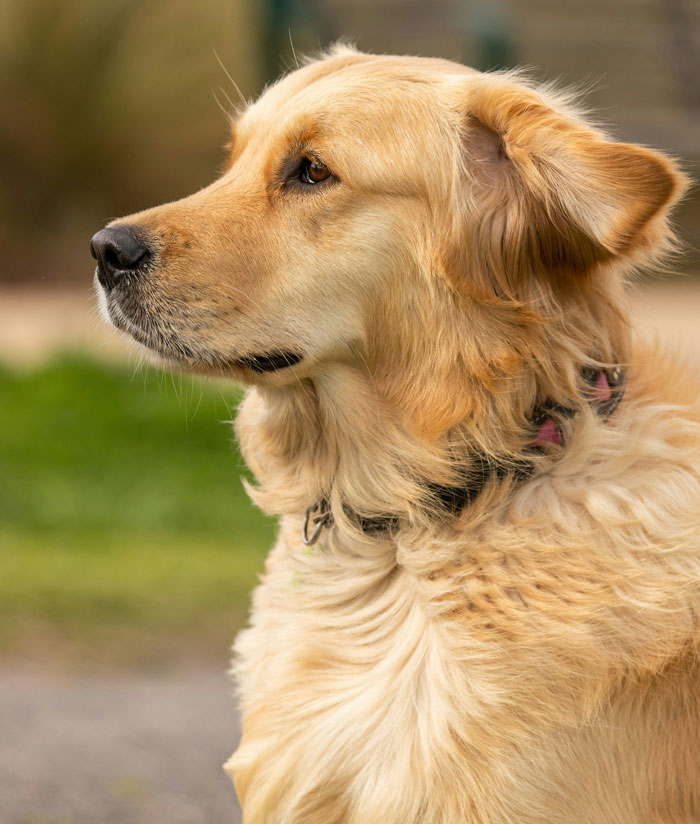
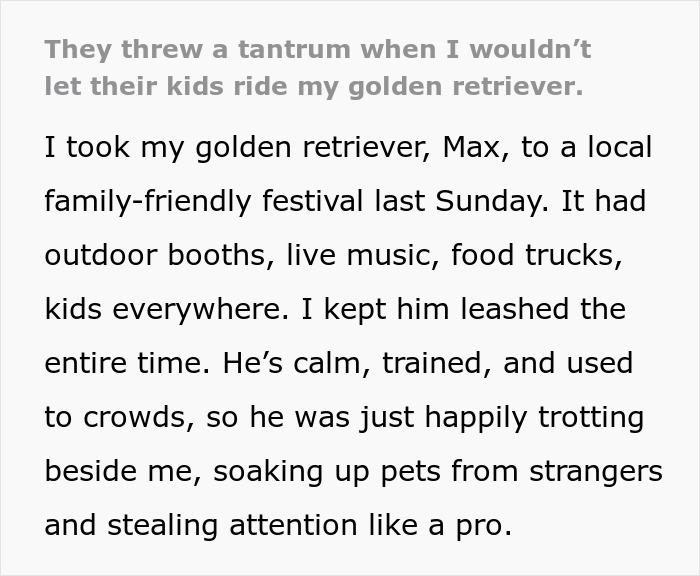
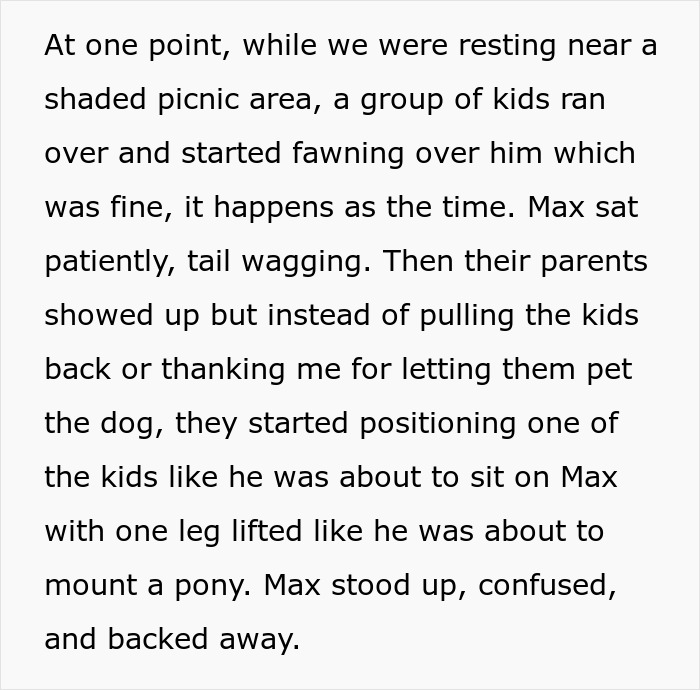


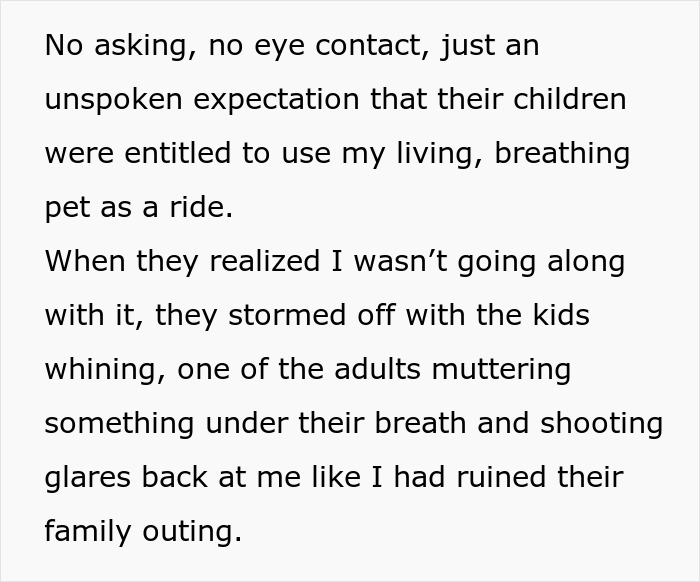

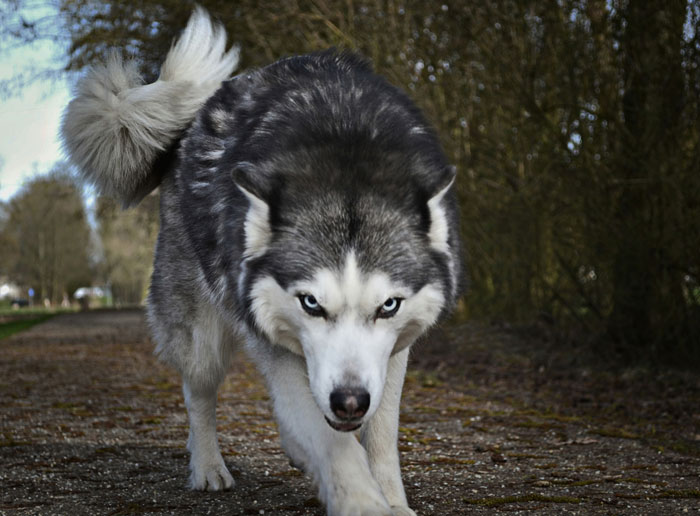
0 Comments